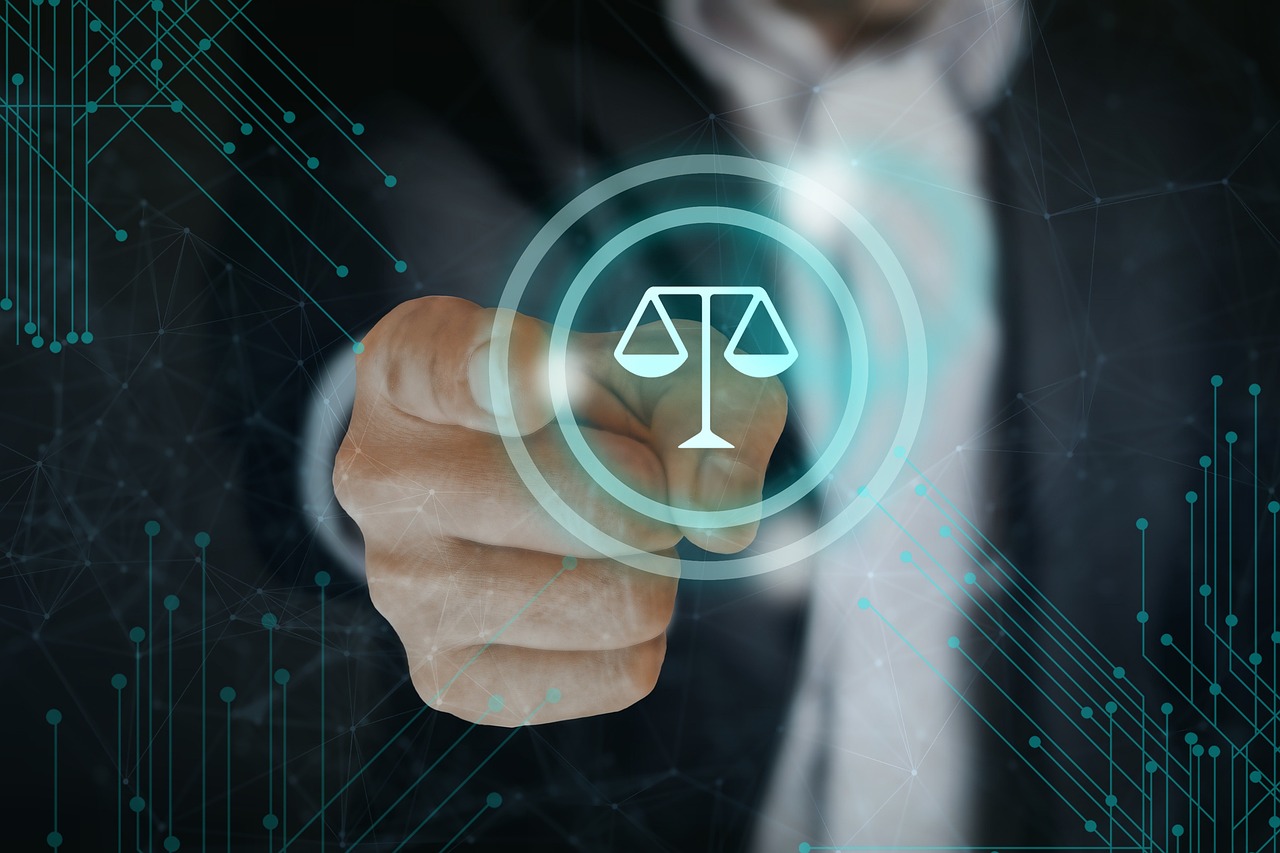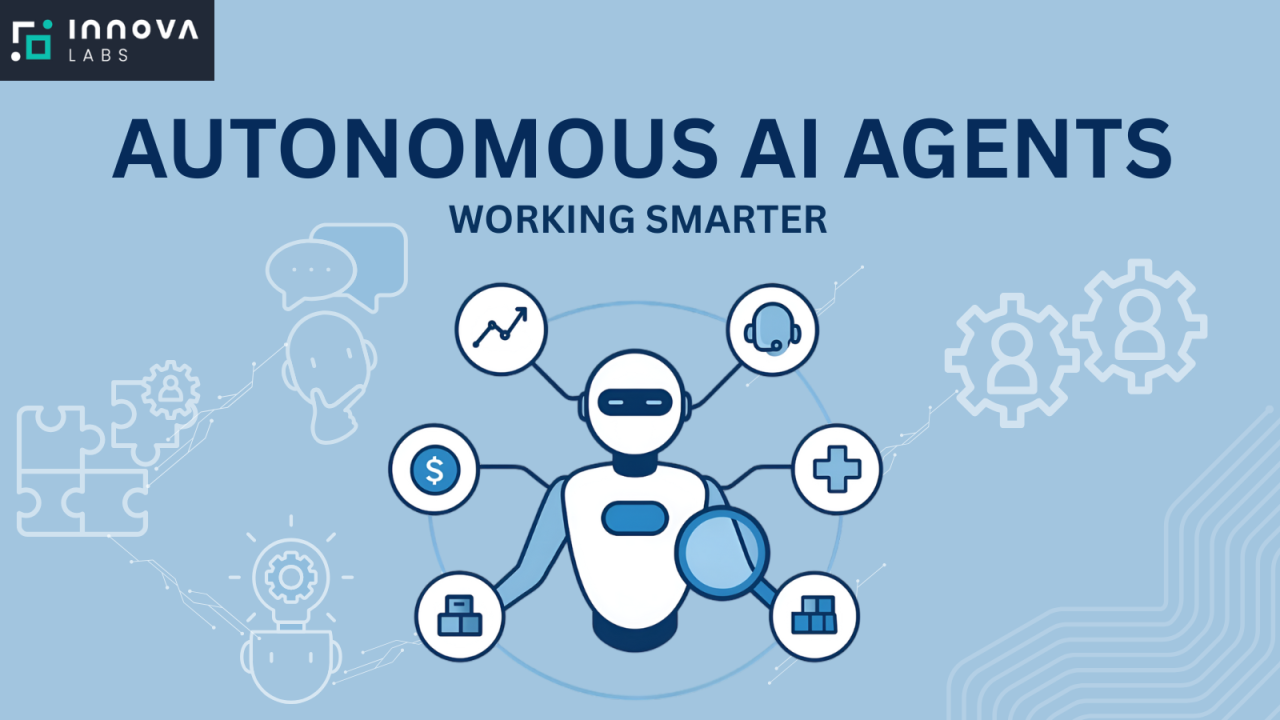Ethical AI & Regulations: Balancing Innovation with Responsibility
Introduction
Artificial Intelligence (AI) has rapidly transformed industries, from healthcare and finance to education and entertainment. Its ability to process data, recognize patterns, and make predictions has enabled breakthroughs once thought impossible. However, with this power comes responsibility. The ethical implications of AI are immense, ranging from concerns about bias and discrimination to accountability, privacy, and societal impacts.
To address these challenges, governments, organizations, and global institutions are working to establish AI regulations. These rules and frameworks aim to strike a balance between fostering innovation and protecting individuals and societies from potential harm. In this article, we will explore the ethical dimensions of AI, examine the global landscape of regulations, and discuss the path forward for responsible AI development.
The Ethical Dimensions of AI
1. Bias and Fairness
AI systems learn from data, but data is often a reflection of historical inequalities and human biases. For example, facial recognition systems have shown higher error rates for women and people of color. Similarly, hiring algorithms can unintentionally favor certain demographics if trained on biased datasets.
-
Ethical concern: How do we ensure fairness and avoid amplifying existing societal inequalities?
-
Solution direction: Diverse datasets, algorithmic audits, and transparency in model training.
2. Accountability and Responsibility
If an autonomous car causes an accident, who is responsible—the developer, manufacturer, or user? This accountability question extends to many AI-driven decisions in finance, healthcare, and governance.
-
Ethical concern: Lack of clear responsibility in AI decision-making.
-
Solution direction: Legal frameworks assigning liability, clearer documentation of AI processes, and human oversight.
3. Privacy and Surveillance
AI is often fueled by large amounts of personal data. From recommendation systems to predictive policing, AI’s hunger for data raises critical privacy concerns. Governments and corporations may misuse AI for surveillance, potentially threatening civil liberties.
-
Ethical concern: How much personal data is too much?
-
Solution direction: Data minimization, encryption, and strict privacy regulations.
4. Transparency and Explainability
AI systems, especially deep learning models, often function as “black boxes,” where even developers cannot fully explain how outputs are generated.
-
Ethical concern: Can people trust decisions they cannot understand?
-
Solution direction: Explainable AI (XAI), open documentation, and model interpretability tools.
5. Job Displacement and Economic Impact
Automation driven by AI could displace millions of workers, particularly in manufacturing, retail, and logistics. While it may create new opportunities, the transition could leave many behind.
-
Ethical concern: Responsibility toward workers displaced by AI.
-
Solution direction: Reskilling programs, social safety nets, and gradual adoption strategies.
Global Landscape of AI Regulations
As AI adoption grows, different regions of the world are approaching regulation in unique ways.
1. European Union (EU)
The EU has been a leader in AI regulation. Its AI Act, proposed in 2021 and expected to be fully enforced by 2026, categorizes AI systems into risk levels:
-
Unacceptable risk: Systems that manipulate behavior or engage in mass surveillance.
-
High risk: AI used in critical areas like healthcare, education, or law enforcement.
-
Limited risk: Applications like chatbots with transparency requirements.
-
Minimal risk: AI systems such as spam filters.
The EU’s approach prioritizes human rights, accountability, and transparency, serving as a model for other regions.
2. United States
The U.S. has taken a more fragmented approach, with states and federal agencies introducing varying guidelines. In 2022, the White House released the AI Bill of Rights, which emphasizes:
-
Safe and effective systems.
-
Protection from algorithmic discrimination.
-
Data privacy.
-
Transparency in AI use.
-
Human alternatives when automated systems fail.
Tech companies also play a significant role in shaping AI standards, with self-regulatory efforts often preceding formal legislation.
3. China
China has prioritized AI development for global competitiveness while also implementing strict regulations on certain applications. Its Algorithmic Recommendation Regulations (2022) require companies to:
-
Avoid promoting harmful content.
-
Allow users to opt out of personalized recommendations.
-
Ensure fairness in algorithm-driven decisions.
China’s focus is both on maintaining control over AI’s societal impact and leveraging AI for economic and political leadership.
4. Other Regions
-
Canada introduced the Artificial Intelligence and Data Act (AIDA) to regulate high-impact AI systems.
-
India has emphasized innovation-first policies but is moving toward developing comprehensive AI frameworks.
-
United Nations bodies are exploring global AI governance to establish common principles and avoid regulatory fragmentation.
Key Principles for Ethical AI Regulation
To ensure AI is both ethical and effective, regulations often align with certain core principles:
1. Human-Centric AI
AI should serve human well-being and societal progress, not replace or control humans.
2. Fairness and Non-Discrimination
AI must be designed and trained to avoid unfair bias and ensure equitable treatment across all demographics.
3. Transparency and Explainability
Individuals should have the right to understand how AI decisions are made, especially in critical areas like healthcare, finance, and law.
4. Accountability and Liability
Clear guidelines are necessary for determining who is responsible when AI systems malfunction or cause harm.
5. Privacy and Data Protection
Strong safeguards should be in place to protect personal data from misuse or over-collection.
6. Security and Robustness
AI systems must be resilient against cyberattacks, manipulation, and adversarial inputs.
Challenges in Implementing Ethical AI Regulations
While the principles are clear, implementing them is a complex challenge.
1. Rapid Technological Advancement
AI is evolving faster than regulations can keep up, creating gaps between innovation and oversight.
2. Global Disparities
Different countries have different cultural values, political systems, and economic goals, making global consensus difficult.
3. Balancing Innovation and Regulation
Too much regulation can stifle innovation, while too little can lead to misuse and harm.
4. Defining “Ethics” in AI
Ethics is not universal—what is considered ethical in one culture may not be in another.
5. Enforcement and Compliance
Even with regulations in place, enforcing compliance across multinational corporations is a significant hurdle.
The Future of Ethical AI
Looking ahead, the future of AI ethics and regulation will likely involve a mix of national policies, international cooperation, and industry standards. Some key trends include:
-
AI Auditing: Regular audits to check for bias, fairness, and safety.
-
Explainable AI (XAI): Advances in interpretability will help bridge the trust gap.
-
Ethical by Design: Incorporating ethics into AI development from the start, rather than as an afterthought.
-
Global Frameworks: Efforts from the UN, OECD, and World Economic Forum to build global AI governance structures.
-
Public Participation: Greater involvement of citizens, advocacy groups, and civil society in shaping AI policies.
Conclusion
AI is no longer a futuristic concept—it is a powerful force shaping societies today. But its benefits come with significant ethical risks, from bias and discrimination to privacy violations and accountability dilemmas. Regulations are essential to ensure that AI serves humanity responsibly while encouraging innovation.
The journey toward ethical AI is not just about technical safeguards—it is about values, trust, and shared responsibility. Governments, companies, and citizens must work together to create a future where AI is not only intelligent but also ethical, fair, and human-centered.
https://bitsofall.com/https-yourdomain-com-robust-ai-models-building-reliability/
Climate and Eco-Driving AI: A Sustainable Path to Greener Mobility







